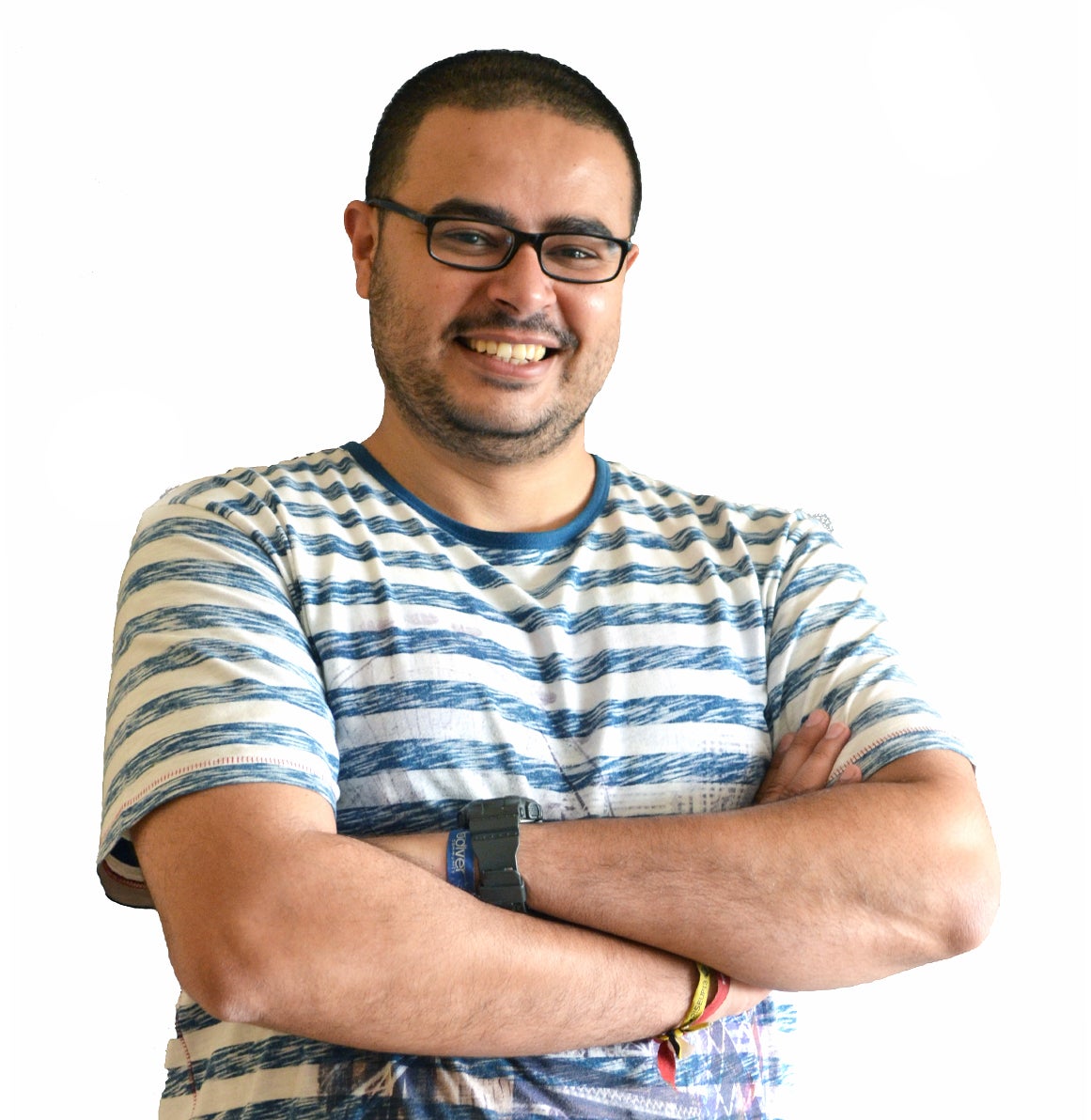The MENA Startup Ecosystem: Problems And (Potential) Solutions Five startups at the 8th MIT Pan Arab Conference in Kuwait consider ecosystem problems and potential solutions.
Opinions expressed by Entrepreneur contributors are their own.
You're reading Entrepreneur Middle East, an international franchise of Entrepreneur Media.

Hala Fadel, Chair of the MIT Enterprise Forum for the Pan Arab Region, opened the 8th MIT Pan Arab Conference in Kuwait by emphasizing the need for Arab entrepreneurs to protect the innovation of the present from the fear of past generations. While a growing number of young entrepreneurs in the Arab world have started to disrupt traditional markets with innovative ideas, they are still being met with great resistance from traditionalists. In a region that prides itself on preserving its cultural authenticity, the Arab entrepreneur is forced to fight two battles.
The first battle is assuaging the fears of Arab communities around innovative entrepreneurship, and second, establishing and monetizing unconventional business models in existing MENA ecosystems. While these challenges may seem daunting, many young Arabs are plunging forward because they recognize that there is a gap in our various market sectors and they want to see it change. Five startups from the 8th MIT Arab Conference, from across the Arab world, discuss the biggest obstacles that young Arab entrepreneurs face in their ecosystems.
1. Fear Of Small Ecosystems

Khalid Abujassoum, co-founder & CEO, Tahi Technologies Inc. [Qatar]
Do you think that there is a fear of investing in the small startup ecosystems in the Gulf?
"There is, and I think it's natural due to the history of business in this region and how the economy has evolved. In the Gulf, the major business contributors to the economy were traders and merchants, so the whole technology entrepreneurship realm is new, and as the old saying goes, "A person is an enemy to whatever they ignore.' Such fear is natural and understood. We need to ensure that all stakeholders in the ecosystem including entrepreneurs, investors, policymakers, incubators etc. are playing their roles correctly. An entrepreneur should have the tenacity to listen, learn and grow. A policymaker should engage stakeholders to understand their needs and incorporate them in the policy making process. The same applies to investors and other players in the ecosystem. By working together, all these stakeholders can build a strong and trustworthy ecosystem for everyone. There is no one hero that will make it work, I believe that it is our collective responsibility to build and strengthen Arab startup ecosystems."
2. Fear Of Investing

Amine Toumi, Project Manager, Yuzu [Morocco]
Do you think that there is a fear of investing in startups in Morocco and North Africa?
"When I started Yuzu with my team, we didn't find any investors or funds to help support or accelerate the development of our startup. I don't know what the real problem is- is it a lack of information about startups in the region, the legitimacy of our project or simply the lack of investors? While the Moroccan startup scene is still very young and lagging behind some countries in the Arab region, it's slowly catching up. At Yuzu, we understand that fear is an investor's natural state of being, whereas courage is an entrepreneur's natural way of life. In order to increase investment in the North African startup ecosystem, we have to find the crossroads where these two stakeholders can meet. Firstly, we have to be willing to admit that startup success is hardly predictable. On the other hand, we must fight to nurture and invest in entrepreneurship, because startups will build the future of countries and people across North Africa and the Arab world. If we make it a priority, we can encourage decision-makers to take more risks, thus ensuring that more investments and resources are available for entrepreneurs to go on dreaming of a better world."
3. Fear Of Complicated Financial Systems

David Al Achkar, Founder, Yellow [UAE]
Do you think that there is a fear of investing in the Arab world, because of their existing financial systems?
"I see the main financial problems in the region as being ones of fragmentation, high cost, and high complexity. Whether you're a startup or an established business, few options, besides standard wires and credit cards, exist that cover the region as a whole and the latter still has a low penetration. Most available options, however local, are still on average more expensive than abroad. And finally, in many cases, getting set up to accept or send payments is a complicated, lengthy, and costly process, which is a recurring setback for most startups in the region. The approach we've decided to follow at Yellow is the transition from traditional payment methods to the cutting-edge of financial technology, i.e., Bitcoin. We believe that in the midterm, the innovation brought forward by Bitcoin, which is faster, cheaper, global payments, has the potential to bring the Arab region to the forefront of payments, thus effectively leapfrogging many intermediaries, and in most cases, only incrementally better payments solutions."
4. Fear Of Investing In New Ideas

Samer Tarazi, founder and CEO, RedTroops [Jordan]
Do you think that there is a fear of investing in Arab tech startups in Jordan and the MENA region?
"I wouldn't say there is fear, I would say there's an immature attitude towards tech startups in the region. We don't have highly experienced investors who are truly visionaries. Unfortunately, most investors tend to follow rather than lead, either by following another investor or investing in an Arabic version of a business model that has already been proven abroad. When you're working on a disruptive technology or trying to build something that hasn't really been done in the Arab world before, this mentality makes it extremely difficult to raise the funds needed to keep a startup going. Nurturing the maturity of both founders and investors in the region will help, because we currently lack people who really understand what a startup is and how to scale quickly on both ends. While I'm sure that Arab ecosystems will mature with experience in time, I still believe we suffer in the region because the market itself is still lagging and it's definitely lacking in terms of early adoption."
5. Fear Of Lacking Intellectual Property Protection

Mohammad Gamal, founder, Kotobna [Egypt]
Do you think that there is a fear of starting a startup in the Arab world because of the weak intellectual property laws in Egypt and the rest of the MENA region?
"Yes, there is a fear, but there shouldn't be, because firstly, innovative young, business leaders should find solutions for the problems of intellectual property (IP) protection. Secondly, they should create new localized business models that understand target market's needs, their social environments and their motives for breaking IP law. By creating relevant and innovative solutions to real problem in the market, young entrepreneurs will find new and efficient ways of providing and capturing value in Arab markets. A very good example of such a "market hack' is Abjjad, a social network for books based in Jordan, which offers Arab readers e-books for free. The Abjjad team make revenue from the Google Ads that are embedded in the pages of each book. As entrepreneurs, especially in the Arab world, we must strive to understand our customers' needs and their social environment. Regardless of where you are or what the startup ecosystem is like, it is the responsibility of an entrepreneur to reinvent their business model until they can find one that serves their customers. I also believe that it is our responsibility as entrepreneurs to educate our target audience about the benefits of protecting IP by creating multi-sided platforms here, content providers with content consumers in a secure, beneficial way for both parties- that's exactly what we're doing at Kotobna. We are linking young Arab authors with Arab readers who are interested in e-books. On the Kotobna platform, books are encrypted and secured and offered to readers at very competitive rates, with very easy and accessible payment methods."










